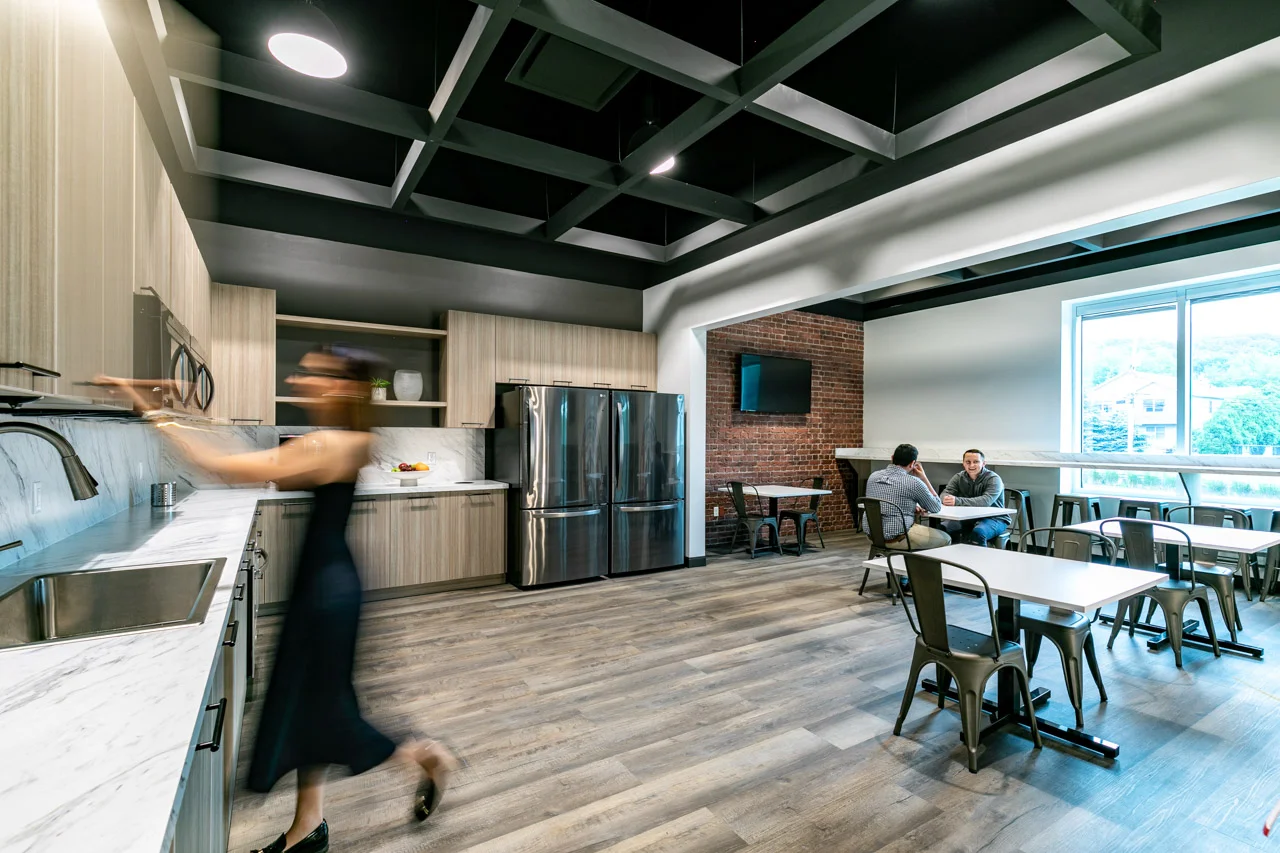
07 Oct Autonomy is the Key to Employee Happiness
Did you know that people are 12% more likely to report being happy with their job when they have freedom and autonomy in their work environment?
Researchers at the University of Birmingham Business School examined changes in employee well-being, relative to levels of autonomy using two separate years of data for 20,000 employees from the Understanding Society survey. Dr. Daniel Wheatley from the University of Birmingham Business School said, “Greater levels of control over work tasks and schedule have the potential to generate significant benefits for the employee, which was found to be evident in the levels of reported well-being.”
The study found compelling evidence to suggest that men and women were affected in different ways by the type of autonomy they experienced. For women, flexibility over the timing and location of their work appeared to be more beneficial allowing them to balance other tasks such as family commitments. In a work day, Both men and women shift between four work modes: focus, collaborate, learn, and socialize. When your space planning recognizes this, employees are empowered to choose the setting that best supports their work.
Defining Employee Autonomy According to NBC Better
- Making decisions. Autonomous workers are able to make decisions for themselves, without the need to run every decision “up the ladder” or submit it to a committee. This makes workers feel more in control, especially over their own responsibilities, and less subject to the direction of others.
- Contributing ideas. When employees feel like their ideas and contributions matter, they’re willing to contribute more frequently, and with more effort. Google famously took advantage of this by sponsoring employee passion projects, and many businesses have followed in its footsteps.
- Operating with limited supervision. Supervision is good, and necessary in some applications, but micromanagement makes employees feel small and distrusted. Autonomy trusts workers to accomplish their goals without much intervention.
- Determining responsibilities. Autonomy also affords workers some degree of determining their own responsibilities. For example, they may be able to delegate some of their responsibilities as they see fit, or may be able to choose their own schedules.
Incorporate more autonomy into a work environment.
- Introduce autonomy as a reward.
- Cut back on micromanagement.
- Seek employee insights.
- Allow employees to work in the ways they are most productive.
Businesses that invest in autonomy have happier, healthier employees who are more willing to work hard for their organization.
Would you like to discuss “autonomy-friendly” space planning with our team?
Get in touch: 800.427.5811 | rigroup-us.com
Sources:
- https://serraview.com/8-workplace-statistics-will-make-rethink-space-planning/
- https://www.sciencedaily.com/releases/2017/04/170424215501.htm
- https://www.nbcnews.com/better/careers/research-says-secret-being-happy-work-n762926



















